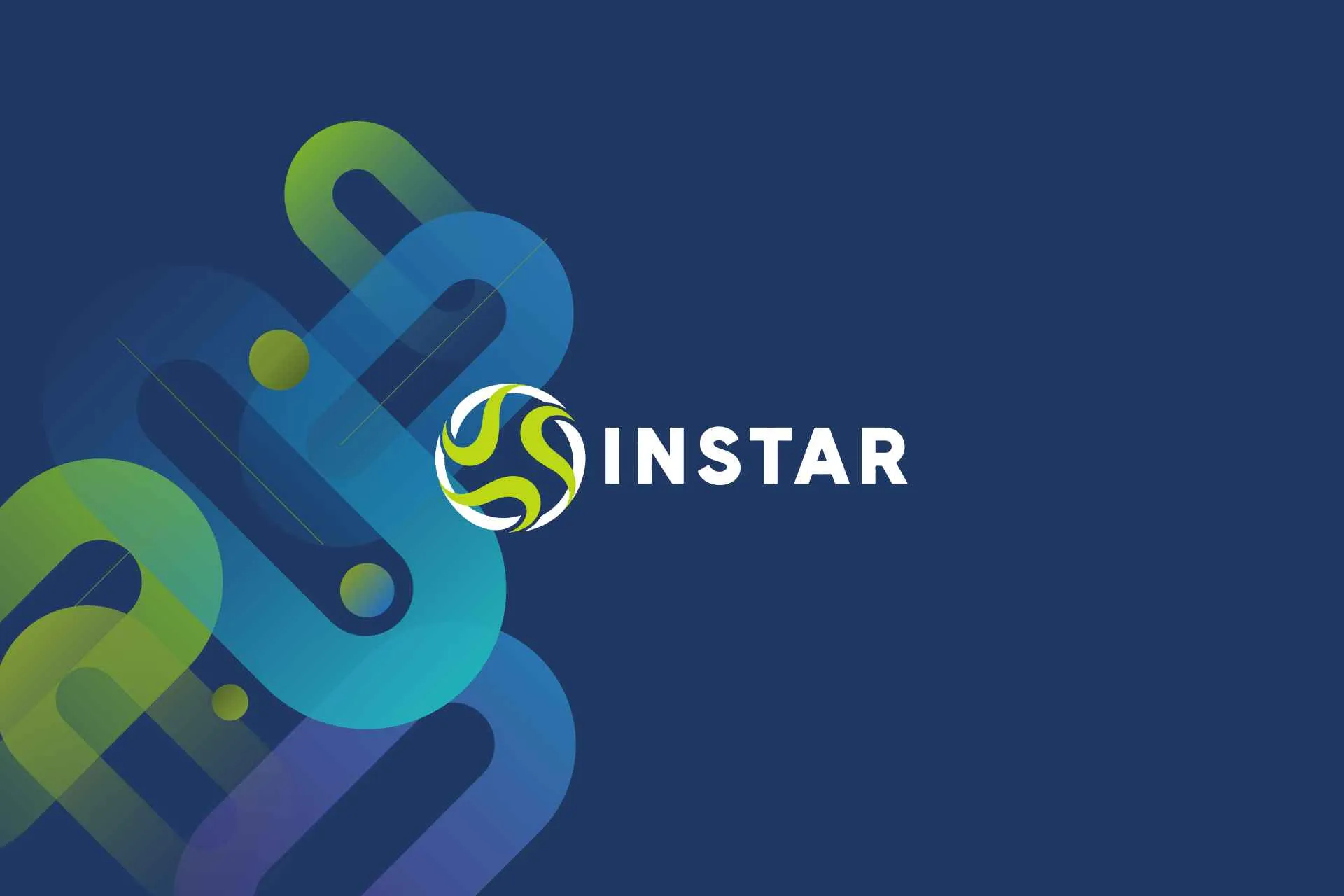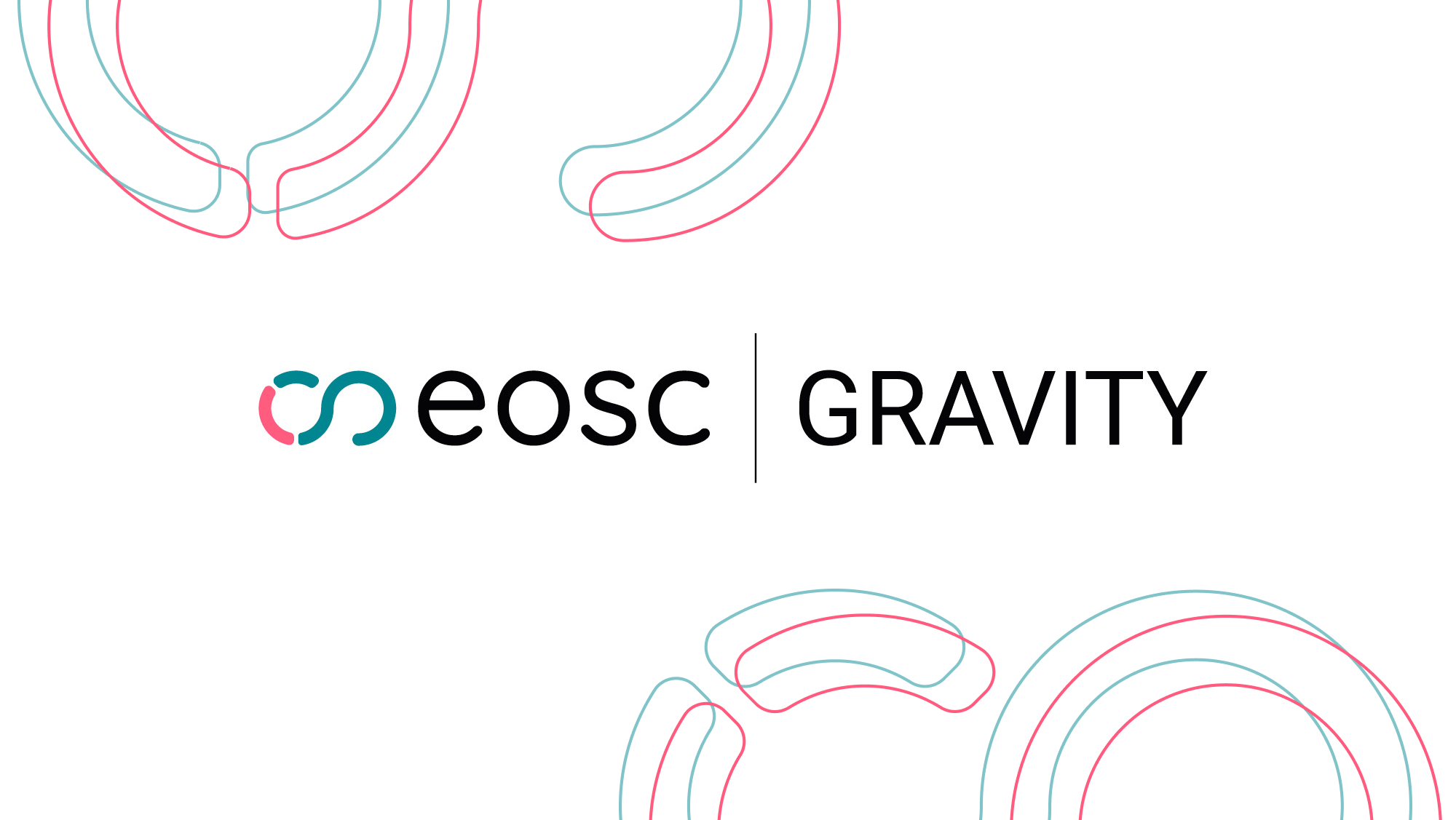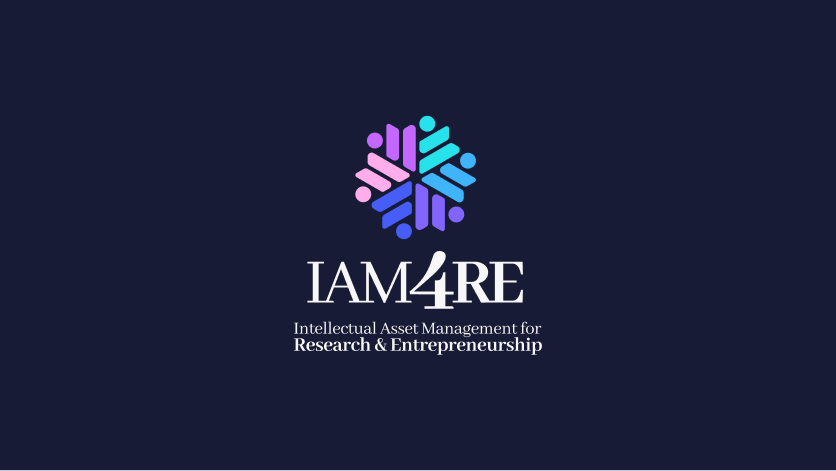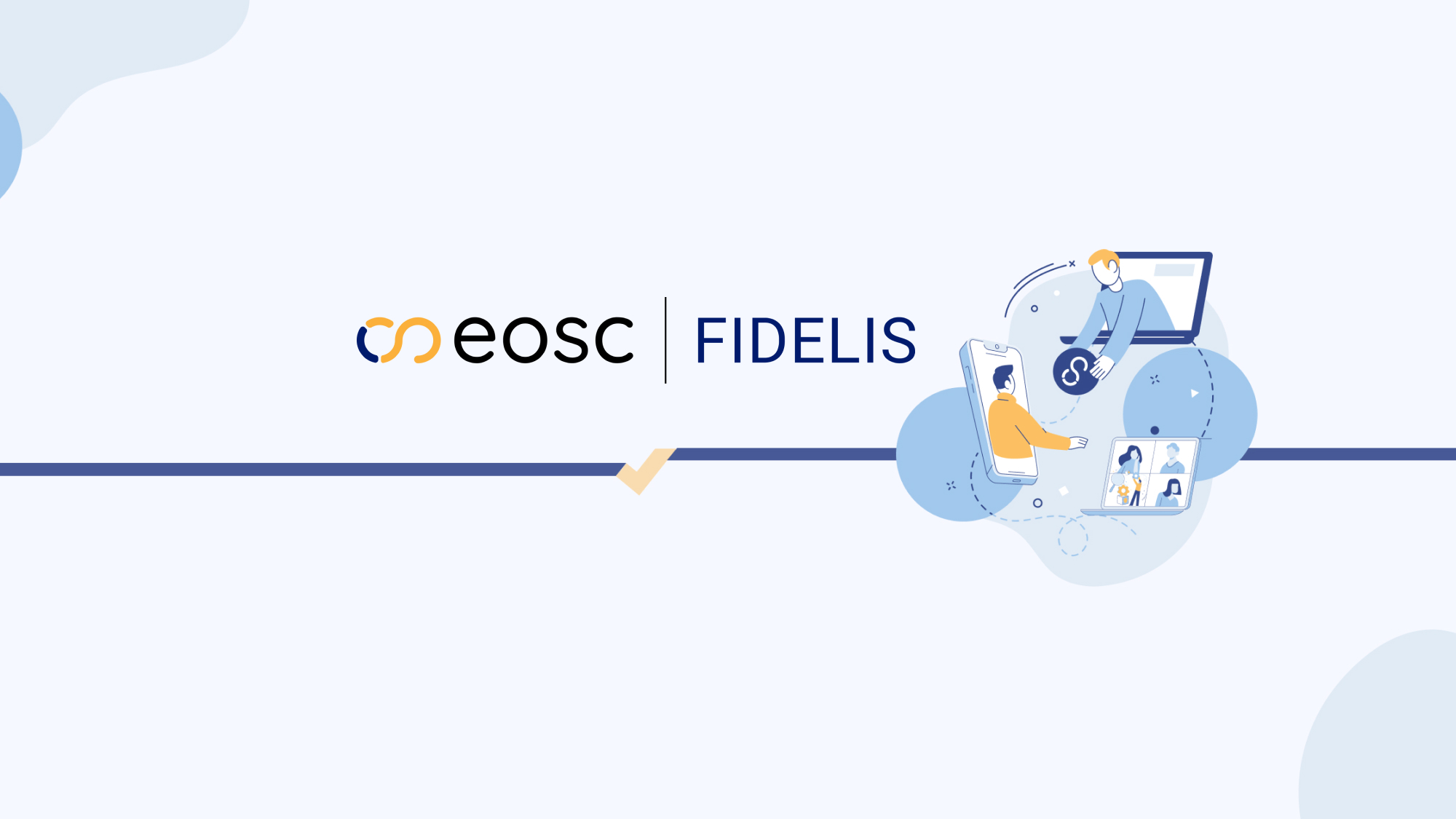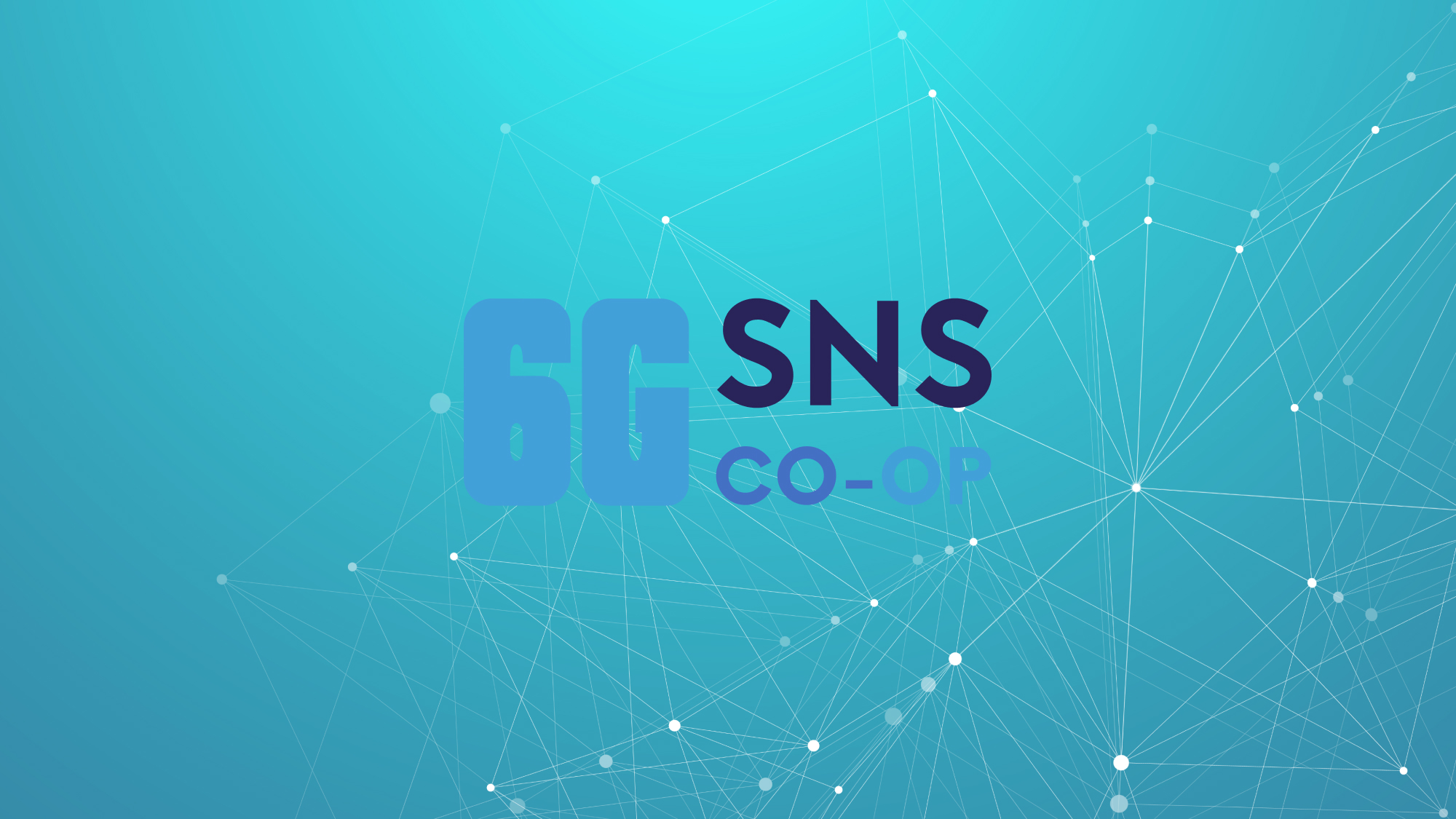Challenge
INSTAR is an EU-funded project that aims to shape the future of international ICT standardisation by promoting EU values and interests in key emerging technologies (AI, Cybersecurity, Digital ID, Quantum, IoT, 5G, 6G and data) by collaborating with relevant entities from Australia, Canada, Japan, Singapore, South Korea, Taiwan, USA.
Image
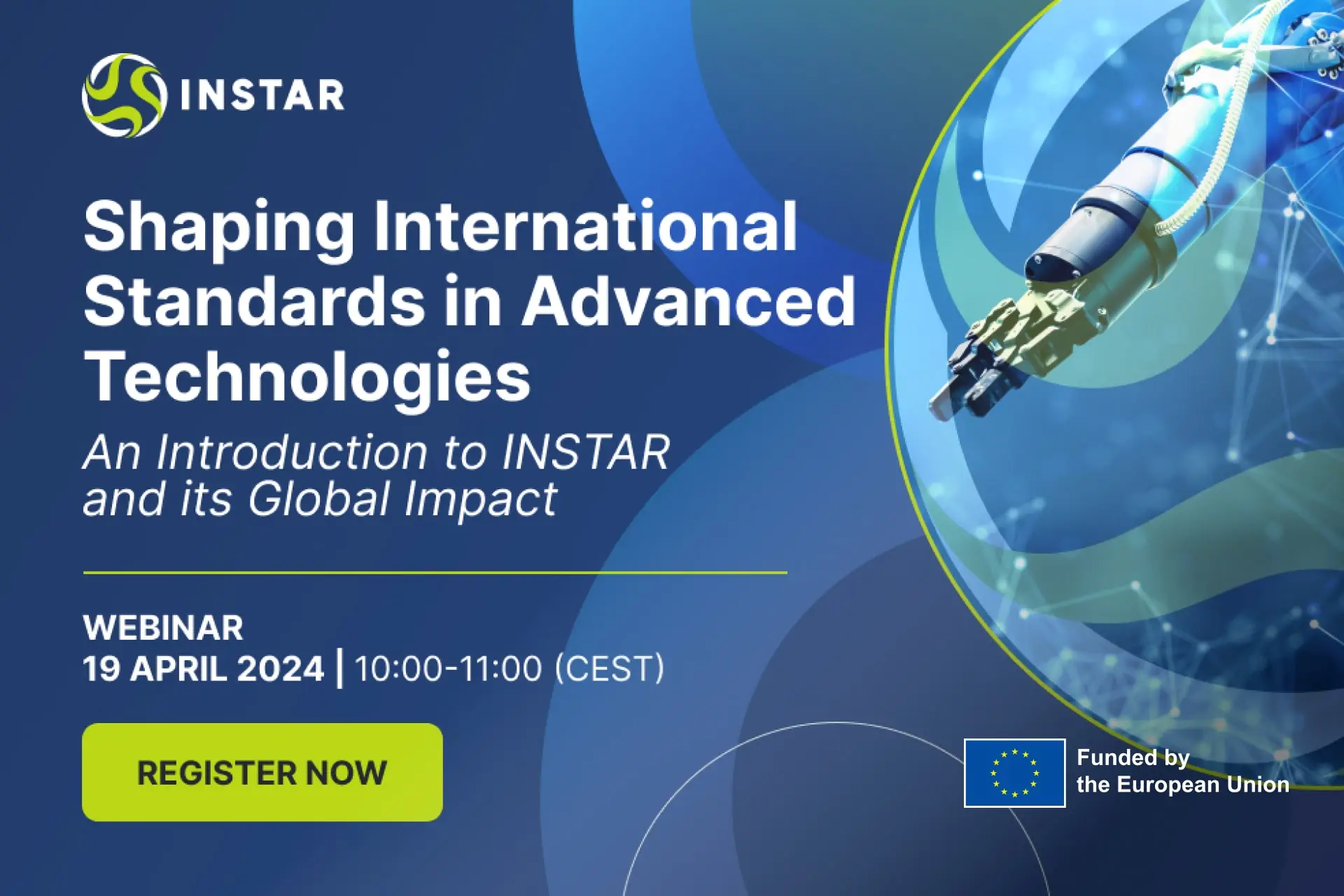
Image
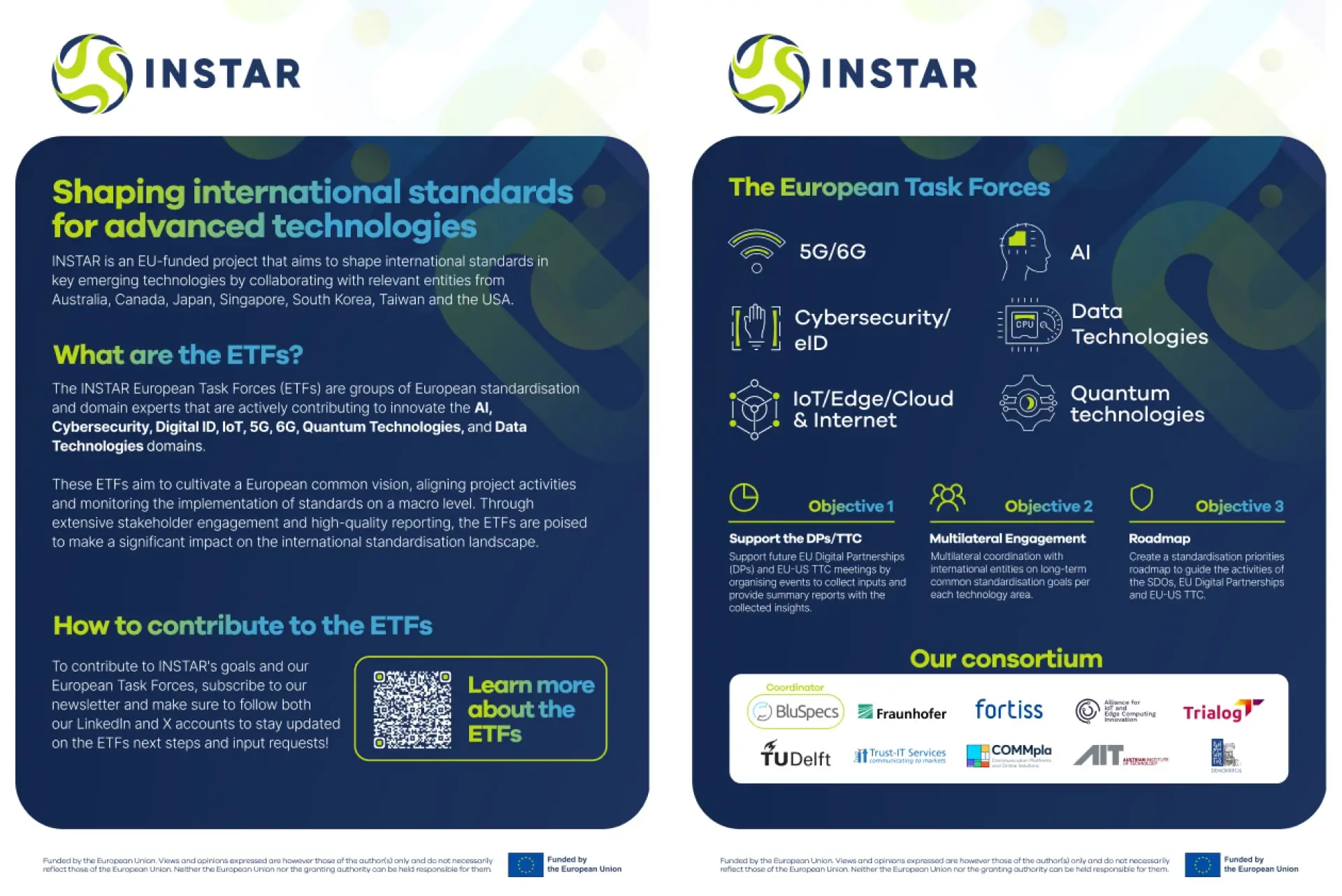
Solutions
Trust-IT has successfully managed complex EC-funded projects in ICT standardisation, such as HSbooster.eu, StandICT.eu and Seeblocks.eu, proving our ability to engage with the ICT standardisation community to maximise the projects’ impact on the standardisation landscape.
In INSTAR, Trust-IT takes the lead of the:
- Stakeholder engagement strategy creation and implementation: Creation of a customised stakeholder engagement strategy to maximise the participation of ICT standardisation experts within the project community through tailored value proposition.
- Creation of custom text and graphic content: Creation of digital assets, such as the INSTAR branding, Social Media posts and banners, Creation of videos and photo shoots for in-person events, custom event banners, creation of content-rich news articles, visual appealing flyers and post-event reports, custom video production and more.
- Website launch and update: Website development and launch with a user-friendly interface (UI) and enhanced user experience (UX). The website is continuously expanded, enriched, and updated by Trust-IT to reflect the latest project activities and results.
- Outreach Campaigns strategy: Trust-IT is implmeneting three outreach campaigns to respectively raise awareness of INSTAR in the international ICT standardisation community, boost participation to its activities and foster the uptake of its results through newsletters, social media, organisation of events and news articles.
In Numbers
90+
Registrations per online event organised on average.
Website: https://instarstandards.org
Want to know more and learn how we can help you with your project?
Fill in the form and get in touch!
